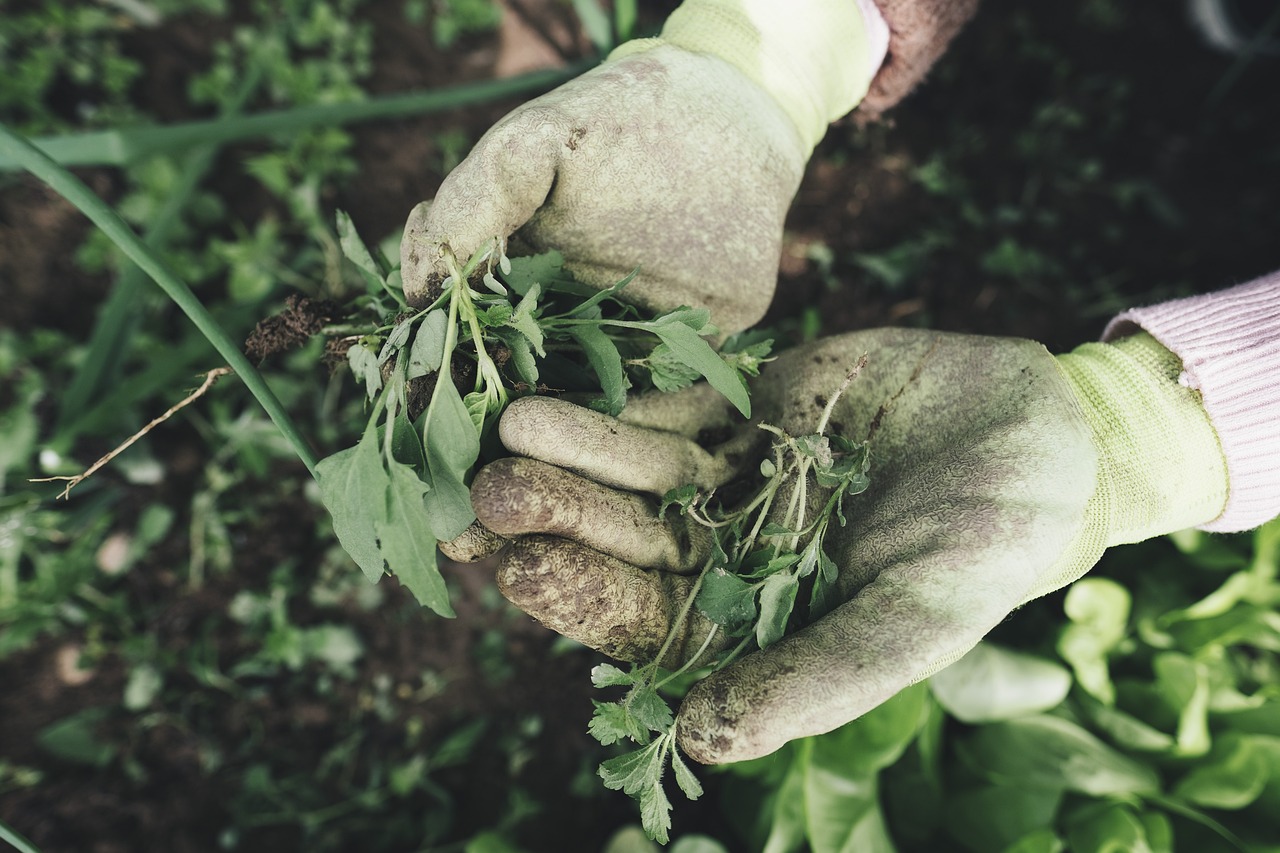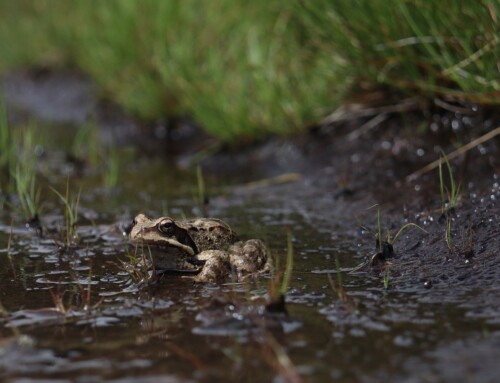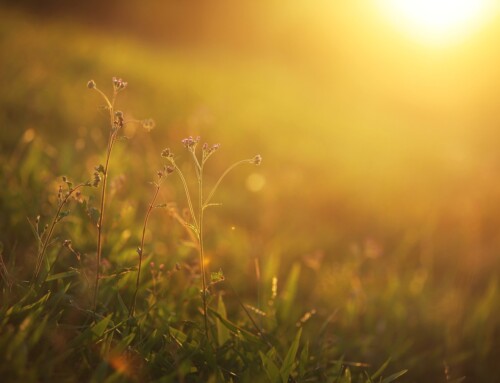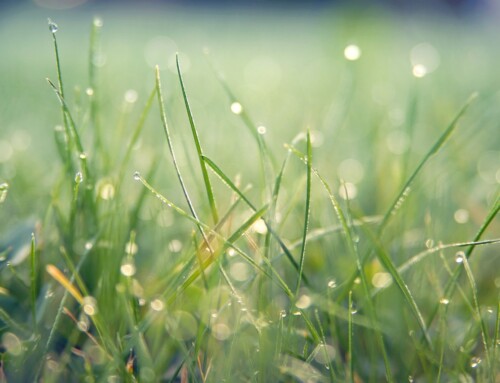Most people are interested in controlling weeds because they can ruin the look of your landscaping – but are they actually harmful, or just ugly? Pulling weeds in the Florida heat may make you wonder if you can just leave them alone. You may be surprised to hear that there are both benefits and drawbacks to those weeds in your garden – even if they are typically thought to be bad overall.
Here’s everything you need to know about letting weeds grow in your garden.
Should All Weeds be Targeted for Removal? Contrary to popular belief, weeds aren’t always bad for your lawn and garden – there are some weeds that you may choose to leave alone. “Functional” weeds may help to break up compacted soil and prevent erosion. Other weeds can serve as cover crops while the ground is not being cultivated or help to fertilize and provide nutrition to depleted soils.
However, in general, weeds are considered unsightly and harmful. They may block needed sunlight, as well as consume the air, water, and nutrients your other plants need. Some even secrete chemicals that may sabotage the growth of your grass or plants.
What is a Weed? Let’s Define Them
A weed is typically a plant that offers no nutritional value or visual appeal, and it tends to grow in an unwanted area. Weeds spread and propagate rapidly and can be challenging to eliminate. Here are six reasons to get rid of the weeds in your lawn and garden.
- Competition with Other Plants: The primary issue with weeds in your landscaping is that they will compete with the other plants that you do want to grow. When too many weeds are present, cultivated plants may not be able to win the competition for water, sunlight, space, and nutrients. Weeds are typically stronger, with vigorous root systems that overwhelm those of desired plants.
- Overtaking Plant Real Estate: Sometimes, weeds can completely overtake your plants and crops. This may make it harder to find the cultivated plant among the weeds to properly care for it. You may accidentally pull up the desired plant with the weeds or even keep your plant hidden from pollinators.
- Diseases and Pests: Weeds also make your plants more vulnerable to pests and diseases, as they offer a valuable hiding spot for pests, snails and slugs. Weeds have evolved to thrive in tough conditions, and they may become established – along with aphids and other pests – before you plant your garden crops. Keep in mind as well – weeds that are in the same family as the actual plants can cultivate diseases that can be transmitted back and forth.
- Allelopathic Weeds/Infertility: Allelopathic plants develop infertility zones around their roots, allowing the weeds to take advantage of the available water, nutrients, and sunlight and depriving the plants. Weeds may even sabotage the germination of plant seeds. Weeds that are considered allelopathic include thistle and pigweed.
- Difficulty Harvesting: When low-growing food plants are surrounded by weeds, it is significantly more challenging to harvest your edible crop as you pick through the weeds.
Tips for Avoiding or Controlling Weeds
While regular weeding in your beds is typically the best way to control growth, you can also remove and control weeds in other ways.
- Mulch: One of the most effective methods of weed suppression is to lay a thick layer of organic mulch, which not only inhibits weeds but also helps the soil retain moisture. Straw, compost, and shredded bark are all considered to be useful, as are mulches made from yard and wood waste. (Read about Veransa’s organic mulch products.)
- Spacing: If you can place individual plants close together, shading the soil between the plants can inhibit emerging weeds. Typically, experts say you can safely subtract approximately 1/4 of the recommended spacing guidelines.
- Selective Watering: Use drip irrigation or soaker hoses to only water the plants you wish to cultivate. Depriving weeds of moisture can reduce weed seed germination by up to seventy percent.
- Weed Pulling: Try pulling weeds when the soil is wet, which will make the chore much easier. You can also utilize the right tools, such as fishtail weeders to remove tap-rooted weeds or table forks to extract long-tendriled weeds. You can also use a hoe to slice weeds off just at the soil line, causing them to shrivel up and die.
Trust Veransa with Your Weed Control
Veransa manufactures organic compost and mulch that can help to provide nutrients – controlling weeds and preventing erosion. Our products are produced from recycled wood and green waste, making them an exceptionally sustainable and responsible choice.




